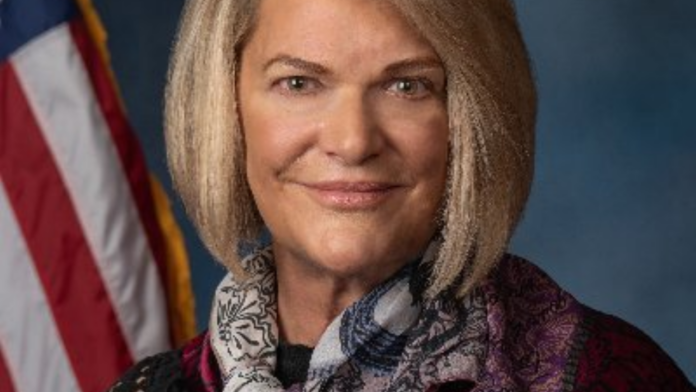In a landmark move, the U.S. Senate passed the 2024 National Defense Authorization Act (NDAA) on 27 July evening, with a notable provision aimed at strengthening oversight over financial institutions engaged in cryptocurrency trading. The provision also takes direct aim at cryptocurrency mixers and “anonymity-enhancing” crypto assets, marking a significant step in regulating the rapidly expanding digital asset space.
The amendment, which gained bipartisan support, was spearheaded by U.S. Senators Kirsten Gillibrand (D-N.Y.), Cynthia Lummis (R-Wyo.), Elizabeth Warren (D-Mass.), and Roger Marshall (R-Kan.). The group asserted that this legislative move represents one of the most substantial actions taken by Congress thus far concerning crypto assets.
The key elements of the amendment were derived from two previously introduced bills: the 2023 Lummis-Gillibrand Responsible Financial Innovation Act and Senator Warren’s and Senator Marshall’s Digital Asset Anti-Money Laundering Act, introduced in 2022. The amended NDAA requires the Secretary of the Treasury to establish examination standards for crypto assets, enabling examiners to better evaluate risks and ensure compliance with anti-money laundering (AML) and sanctions laws. Moreover, it mandates the Treasury Department to conduct a comprehensive study on “combating anonymous crypto asset transactions,” with a particular focus on crypto mixers that have been associated with fund obfuscation.
In a press release, Senator Lummis emphasized the importance of cracking down on illicit finance in the crypto asset industry, stating that it is vital to curtail bad actors and prevent cryptocurrencies from being misused to evade sanctions and finance terrorism.
The practice of adding non-defense-related amendments to the NDAA is common, and the House has already passed its version of the bill earlier this month. Both chambers will now engage in negotiations to reconcile their respective versions and finalize the legislation, as the NDAA is considered a must-pass piece of legislation.
Earlier on the same day, the House Agriculture Committee made significant progress towards crypto regulation by advancing the Financial Innovation Technology for the 21st Century Act. This act aims to establish a federal regulatory framework for cryptocurrencies within the United States, providing further clarity and structure to the rapidly evolving digital asset landscape. The House Financial Services Committee had already passed its version of the bill a day before, underscoring the growing focus on regulating cryptocurrencies at the federal level.
As the crypto industry continues to gain traction and financial institutions increasingly delve into digital assets, these legislative efforts signify the government’s growing recognition of the need to regulate the sector effectively. The provision within the NDAA demonstrates a concerted effort to strike a balance between fostering innovation and safeguarding against illicit activities, aiming to create a transparent and secure environment for the burgeoning cryptocurrency space.


